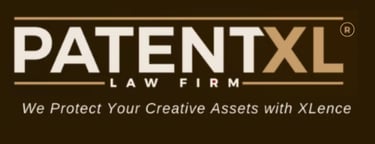REGISTERING YOUR TRADEMARK, VARIOUS COUNTRIES, A SUMMARY


Registering a trademark is a critical step for businesses looking to protect their brand identity and distinguish their products or services in the marketplace. However, when considering trademark registration in various countries, strategic choices become paramount due to the complexities of international trademark law and the diverse nature of global markets.
One of the primary strategic choices when registering a trademark in multiple countries is determining the scope of protection needed. Businesses must assess their target markets, potential expansion plans, and the level of brand recognition they seek to achieve. Prioritizing key markets in which the brand is or will be most valuable can help allocate resources effectively and avoid unnecessary costs associated with registering trademarks in countries in which the brand may have limited presence or relevance.
Another strategic consideration is navigating the differences in trademark laws and procedures across different jurisdictions. Each country has its own set of requirements, registration processes, and timelines for trademark applications. Engaging local trademark attorneys or other authorized Intellectual Property professionals with expertise in the relevant jurisdictions can provide invaluable guidance and ensure compliance with local laws, thereby streamlining the registration process and minimizing potential obstacles or delays.
Furthermore, businesses must weigh the benefits of regional or international trademark registration mechanisms, such as the Madrid System (“Madrid Protocol”) or the European Union Intellectual Property Office (EUIPO). These systems offer cost-effective and streamlined procedures for registering trademarks across multiple countries or regions, providing centralized administration and management of trademark portfolios. Leveraging these international mechanisms can simplify the process of obtaining trademark protection in various countries while optimizing resources and minimizing administrative burdens.
Moreover, conducting comprehensive trademark searches and clearance assessments is essential to avoid potential conflicts or objections during the registration process. Prior to filing a trademark application, businesses should conduct thorough searches to identify existing trademarks that may conflict with their proposed mark. This proactive approach helps mitigate the risk of opposition or refusal by trademark offices, safeguarding the investment in brand development and registration efforts.
In conclusion, strategic choices play a crucial role in navigating the complexities of trademark registration in various countries. By carefully assessing market priorities, leveraging international mechanisms, engaging local expertise, and conducting thorough clearance searches, businesses can optimize their trademark registration strategy, protect their brand assets effectively, and position themselves for success in the global marketplace.
Contact us at the PatentXL Law Firm if you need help with a strategy to obtain trademark protection in the US and abroad.


